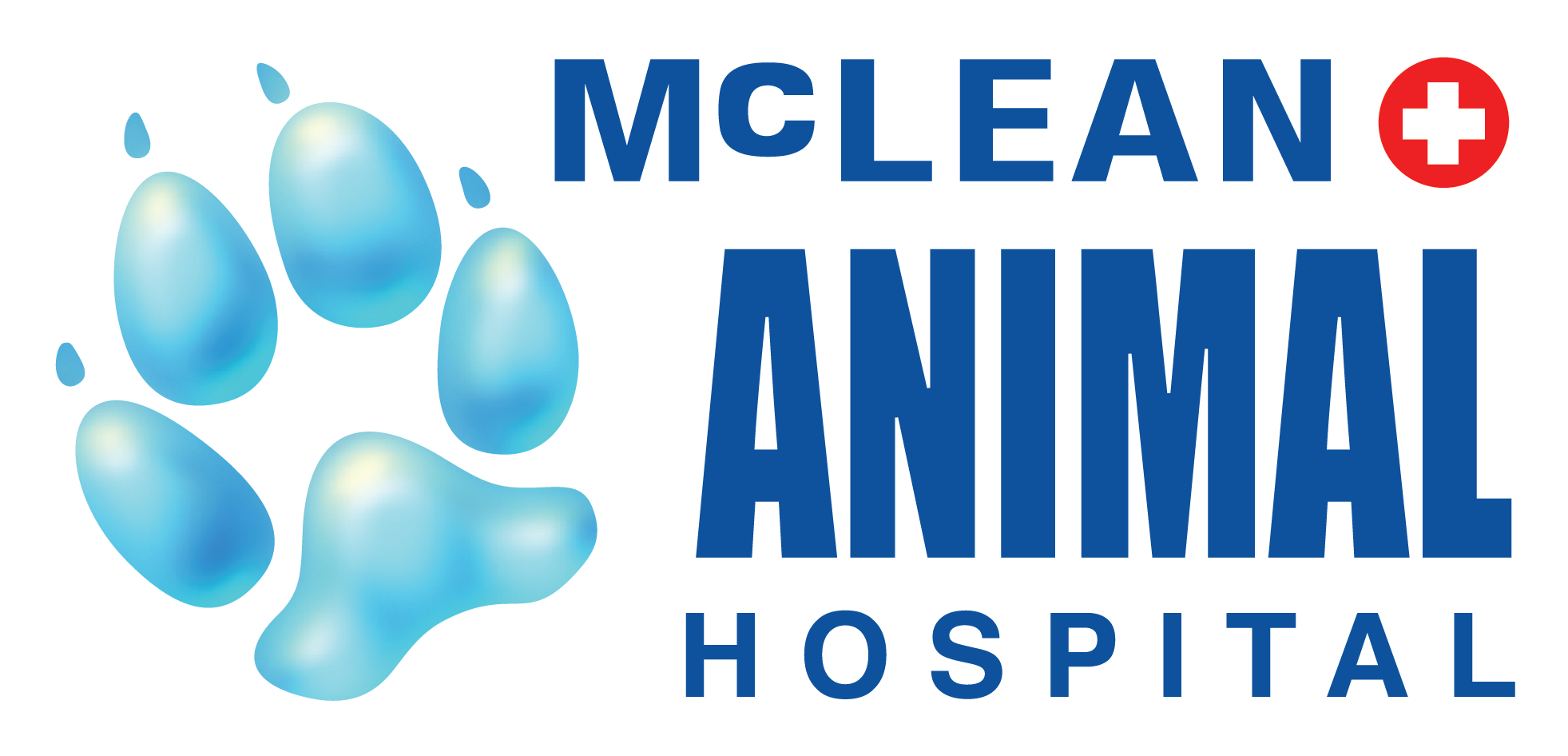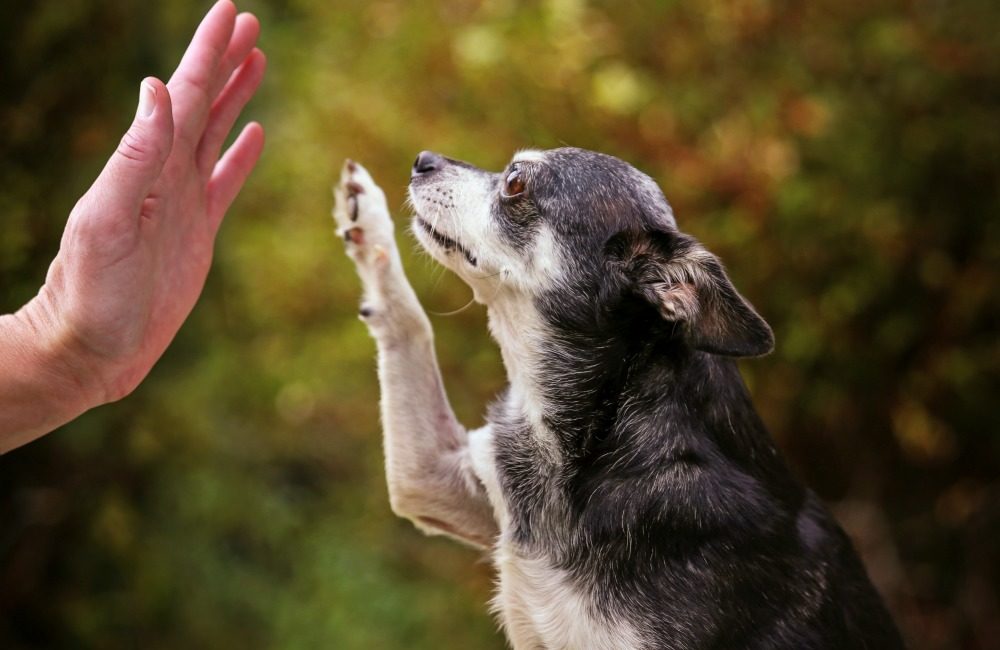Just like us, as our animals get older they need more frequent visits to the veterinarian to allow for early detection and treatment of problems that can commonly occur in older animals.
When is my pet considered a senior?
Animals age at a much faster rate than we do. Due to this, we recommend bringing your senior pet in twice a year. This is because if you bring your pet in only once a year, that is like us only going to the doctor every 7 yrs.
Common senior pet health problems
- Cancer
- Heart Disease
- Kidney disease
- Liver disease
- Diabetes
- Arthritis
- Senility
- Behaviour changes
- Weakness
- Weight changes
- Endocrine issues
- Dental disease
As the pet’s owner, you can provide your veterinarian with valuable information that can help them determine if your pet is starting to develop any of these diseases.
Early signs of disease
- Changes in appetite and thirst, difficulty eating, weight changes
- Changes in urination frequency, blood in urine, straining to urinate, accidents
- Poor hair coat
- Vomiting, diarrhea
- Decreased exercise tolerance, decreased mobility, pain or lameness
- Coughing, difficulty breathing
- Sleeping more
- Behaviour changes
- Development of any lumps or swelling
In addition to this information, blood work and urine samples can aid veterinarians in screening for these diseases and provide a baseline for future comparison.
Senior Care Considerations
Diet:
- Older animals have a slower metabolic rate which makes them more likely to become overweight. This calls for a diet that is low in calories and is highly digestible.
- Older animals are more likely to develop gastrointestinal issues such as constipation so a diet in high fibre is also recommended.
- To help maintain body weight and muscle mass seniors need diets with higher quality protein – not quantity as this can put too much strain on the kidneys.
- If your pet develops a condition such as diabetes, heart, kidney or liver disease they may require a special diet to assist in the treatment of these conditions.
Supplements:
- Glucosamine, chondroitin sulphate and hyaluronic acid can be added to help with arthritis that many of our senior pets suffer from.
- Omega 3 fatty acids can be added to improve joint, skin, coat, heart and immune system health.
Exercise:
- To keep your pet mobile and healthy, senior dogs should get regular walks but do not overdo it if your pet is experiencing any issues.
- At home, have them move up and down stairs if they are still able to. If not invest in some ramps to help your pet move around the house.
- Swimming and rehabilitation are two other ways that we can help exercise our pets muscles and improve their mobility.
Mental stimulation:
- To keep your pets brains sharp, stimulate them through interactions with companion animals and humans.
- Another way to promote mental function is to provide them with treat toys or food puzzles.
Dental care:
- Dental disease increases the risk of developing some conditions such as kidney disease that can rapidly age your pet.
- By practicing at home dental care and investing in dental cleanings we can improve your senior pet’s health.
Written by: Dr. Cara Page
Resources:
Epstein, M., Kuehn, N. F., Landsberg, G., Lascelles, B. D., Marks, S. L., Schaedler, J. M., & Tuzio, H. (2005). AAHA Senior Care Guidelines for Dogs and Cats. Journal of the American Animal Hospital Association, 41, 81-91.




